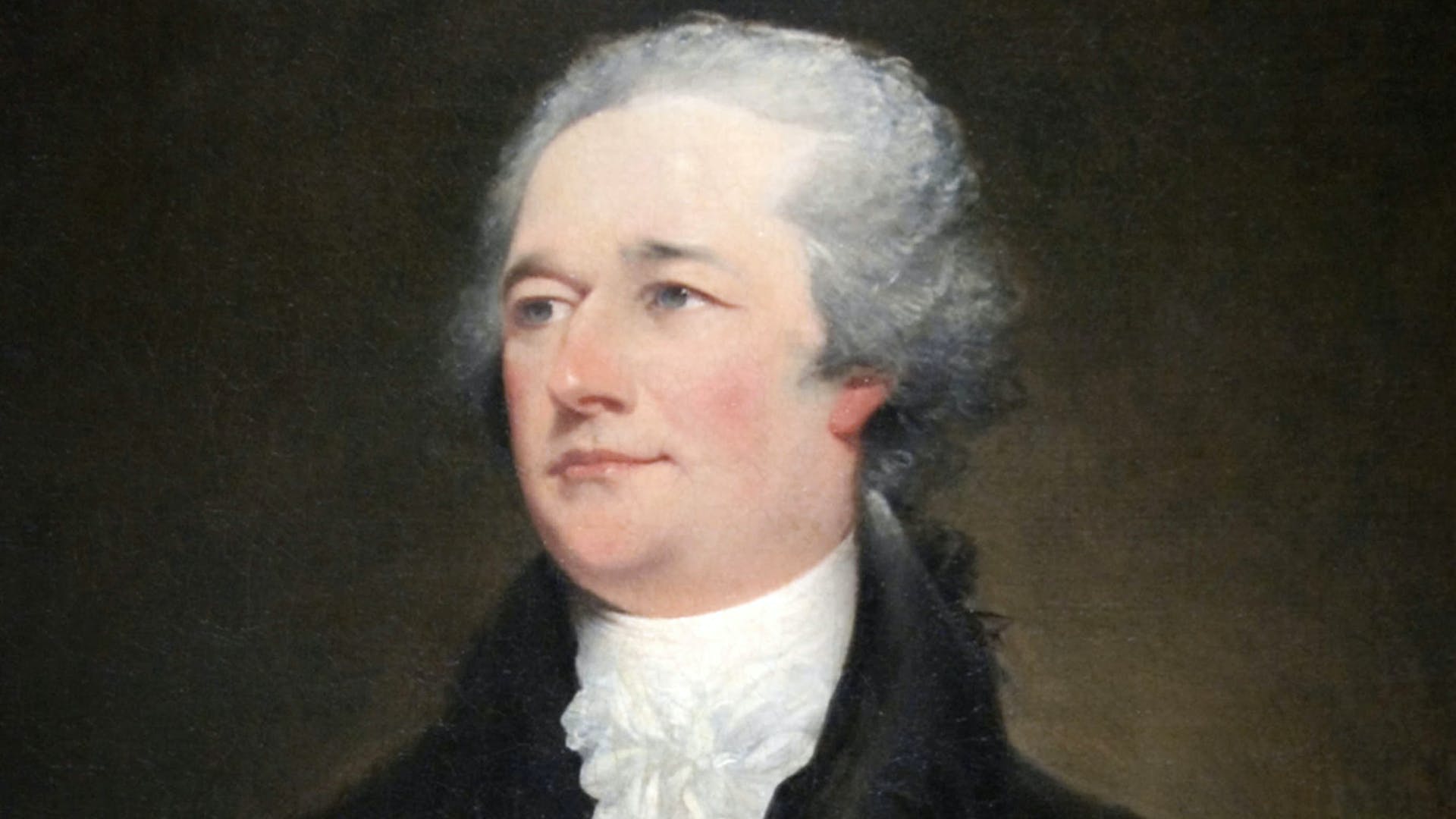
Without Alexander Hamilton, the United States as it is today would simply not exist. Born into obscurity in the British West Indies, Hamilton was orphaned at 13 and began work at a local import-export firm, where he learned the subtleties of economics, debt, and trade. His work ethic and writing talent brought him to the attention of local businessmen, who raised money to send him to North America, where he rapidly emerged as one of the most influential of the nation's founding fathers. Hamilton served his country in many ways: as one of the primary architects of the Constitution, as an aide and counsel to General George Washington, and as the first Secretary of the Treasury. What's more, Hamilton accomplished all of these tasks over the course of just twenty years.
Hamilton was about 16 years old when he enrolled in King's College, which wasn't called Columbia until after the Revolution. Officially matriculating in 1774, Hamilton's ambition and genius took a political application on campus and he became well-known for publishing a series of scathing yet reasoned responses to the Continental Congress that were published when Hamilton was only 18. As a member of a Revolutionary militia that included other students, Hamilton quickly distinguished himself.
Likewise, his rare talent for spontaneous eloquence came in handy when he was able to deliver a speech that halted a group of men who intended to tar and feather the college's president. Unfortunately, the war with England broke out before Hamilton could graduate, and he decided to leave school to join the forces on the battlefield, fighting alongside George Washington and the Patriots.
Following the war, Hamilton returned with big goals for the school. He helped reopen the campus as Columbia College, which most of his sons later attended. Despite not being a true alumnus of King's College by definition, Hamilton played an influential role in the restructuring of the college, famously employing shrewd legal maneuvers to wrest Columbia from state control and placing it instead under the control of private individuals. While serving as the first United States Secretary of the Treasury, Hamilton also helped oversee the financial aspects of the college and even served on the Board until his premature death in 1804.
In honor of his role and achievements helping create the new federal government, Columbia granted Hamilton an honorary degree to make up for the one he'd never completed. In addition, Hamilton Hall is named after him, which is currently adorned with a large statue of the legendary founding father. More than that, the Alexander Hamilton Medal is given in his honor, and the Law School's full tuition scholarship is named after him, ensuring that his name and legacy will always be ingrained in one of the nation's oldest institutions.
